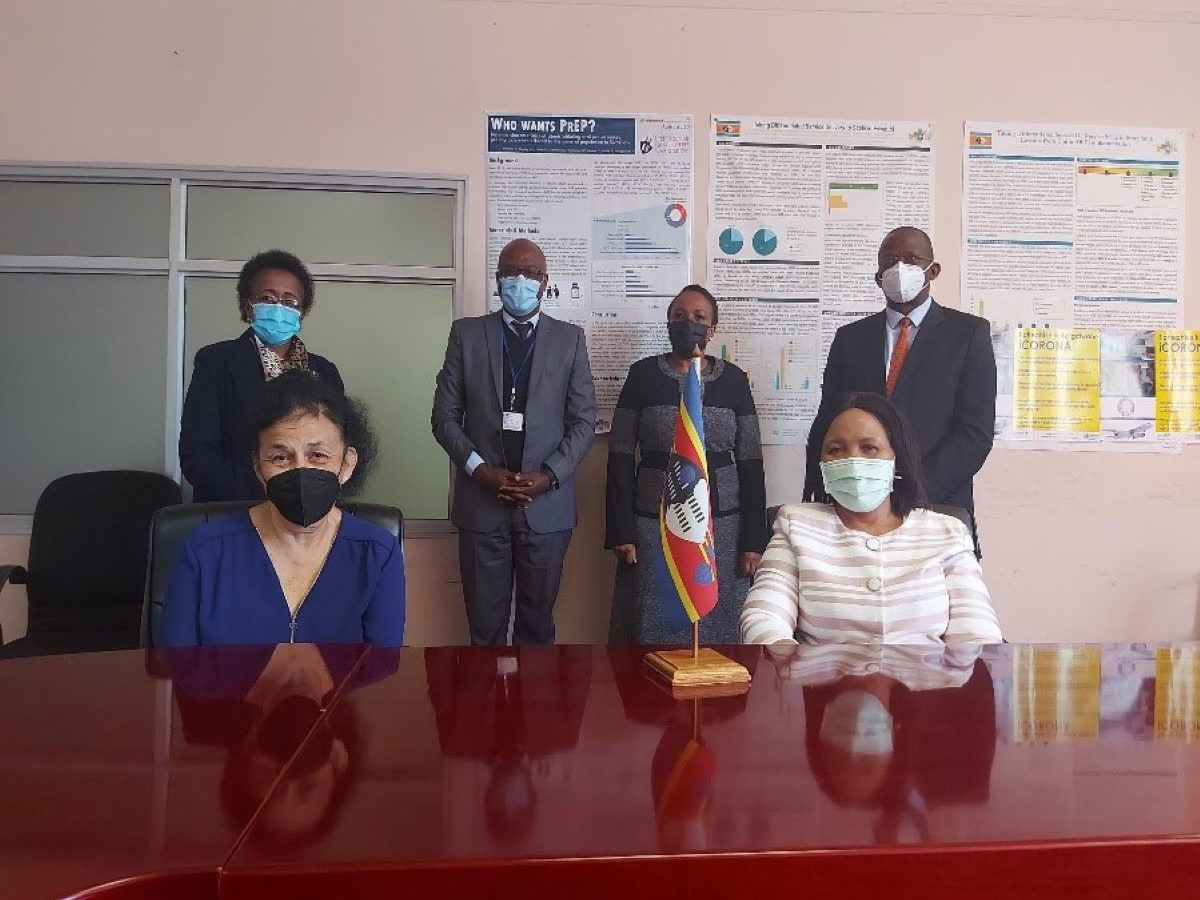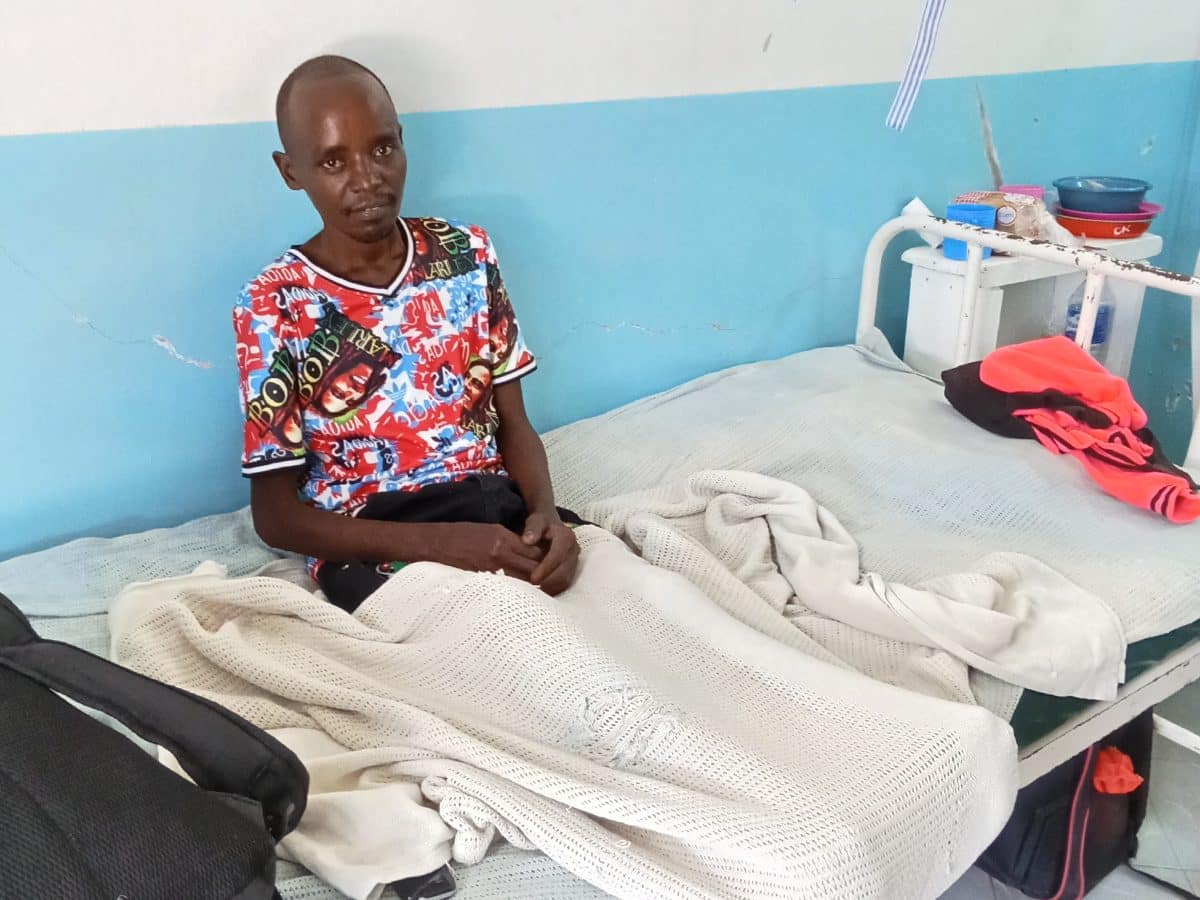During her visit this week to the Kingdom of Eswatini, Wafaa El Sadr, MD, MPH, MPA, the founder and global director of ICAP at Columbia University, met with the Honorable Minister of Health, Senator Lizzie Nkosi on Monday, May 3, 2021. The two discussed ICAP’s longstanding support of and partnership with the government in building a strong and sustainable health system that is resilient to face public health treats such as HIV, tuberculosis, and, most recently, COVID-19.
ICAP started this work in the Kingdom of Eswatini in 2005, and ICAP has been working closely with the Ministry of Health and other stakeholders in the health sector for over 15 years in designing and implementing different interventions to support the national response to HIV pandemic and other public health challenges.
In Eswatini, ICAP is mainly funded by the US government under the President’s Emergency Plan for AIDS Relief (PEPFAR) through the US Centers for Disease Control and Prevention (CDC). The Minister of Health acknowledged the important contribution of ICAP in health system strengthening over the past 15 years. Senator Lizzie Nkosi appreciated the technical capacity provided by ICAP through its country office teams and its experts in New York. The Minister highlighted key MOH achievements through this partnership, such as the support to the rapid scale up of HIV treatment programs with a focus on implementation of innovative models for differentiated services delivery to improve engagement of recipients of care.
Professor El-Sadr recognized the strides made by the Kingdom of Eswatini to cut the rate of new HIV infections in half, according to the SHIMS-2 results that were conducted in 2016-2017. She appreciated the commitment demonstrated by the government of Eswatini, especially the Ministry of Health, in combating major public health problems, such HIV, TB, and global security issues, including COVID-19. The Minister and Professor El-Sadr also discussed with great enthusiasm the upcoming Population HIV-based Impact Assessment (PHIA), called SHIMS in Eswatini. This will be the third round of this critical survey, which will provide a snapshot of the status of the HIV epidemic and serve as a blueprint to guide future program decisions and policies.
Another area of mutual interest discussed was the challenge of antimicrobial resistance (AMR), often due to overuse of antibiotics in animal feed and excessive use among patients. ICAP’s work on AMR is funded from the United Kingdome via the Fleming Fund. Through this project, ICAP is working with the Ministry of Health, the Ministry of Agriculture, the Ministry of Natural Resources, and the Eswatini Antimicrobial Containment Committee (AMRCC) to strengthen monitoring of antimicrobial use and consumption in both human and animals, taking a One Health approach — this combined with building laboratory and workforce capacity and inspiring good antibiotic stewardship.
Professor El-Sadr pledged that ICAP will continue to work hand in hand with the Ministry of Health and other stakeholders to support the extensive efforts of the Ministry of Health in sustaining the gains made in building a resilient and efficient health system.
On Tuesday, May 4, Professor El-Sadr provided a lecture on the safety COVID-19 vaccines through a webinar session aimed to reach up to 300 health professionals, including clinicians, pharmacists, and public health specialists.








